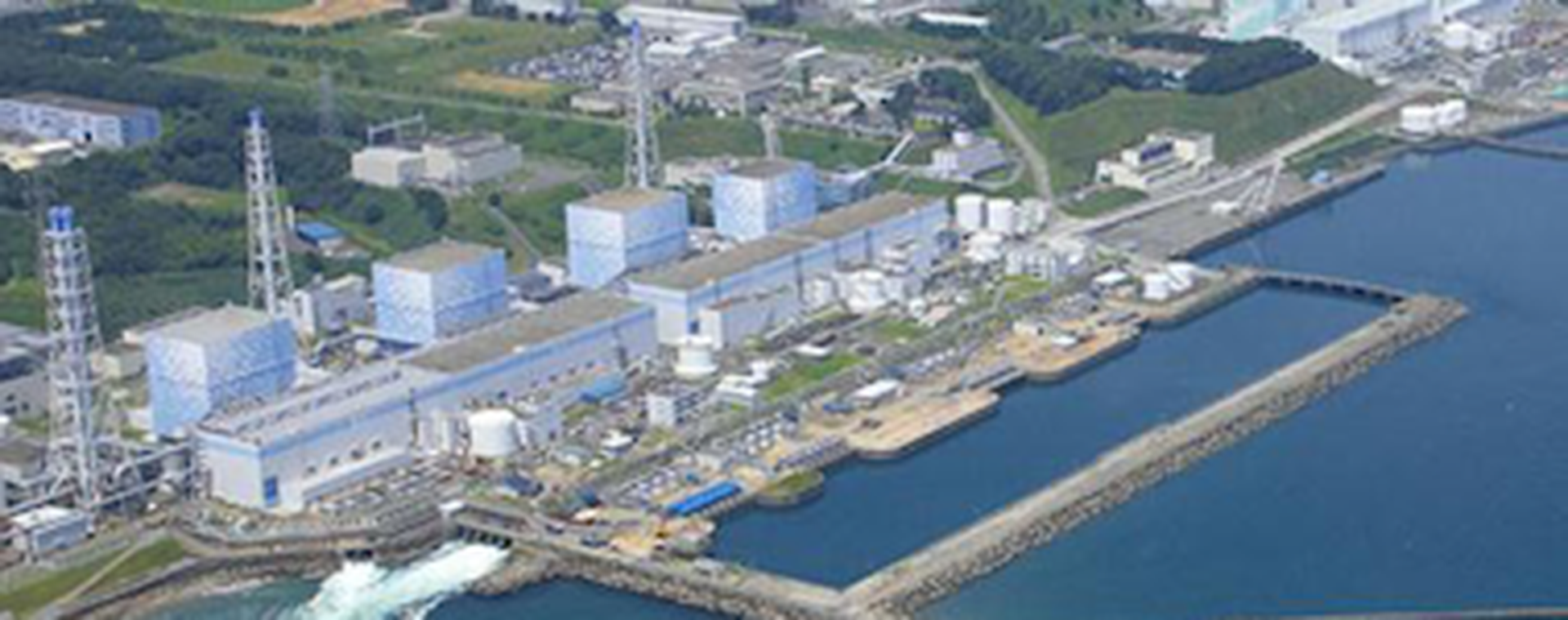Special Panel Session on Japan′s Electric Power Network in Aftermath of Earthquake
MONDAY, APRIL 11- 7:00 PM
BENEDUM HALL
Please contact Danielle Ilchuk,
Administrative Coordinator, Center for Energy:
cfenergy@pitt.edu (412-624-7476) for location and other details.
UNIVERSITY OF PITTSBURGH
Japan′s Electric Power Network - The Next Major Issue in the Japanese Earthquake/Tsunami Recovery Process: A 3.5 GW, 50/60 Hz, West-to-East Challenge
In the aftermath of the northeastern Japan earthquake and tsunami catastrophe on March 11th 2011, a longer term issue has emerged related to the reliable supply of electric power to the Tokyo area and eastern regions of the country. The shutdown of the Fukushima Daiichi nuclear power plant alone represents the loss of 4.7 GigaWatts of electric power production in eastern Japan. As Japan begins its recovery and rebuilding efforts in the wake of the recent disasters, the electric power infrastructure and the unavailability of nearly 15% of the eastern region′s power production capability has forced Tokyo Electric Power Co. (TEPCO) to initiate rolling blackouts of electricity supply on a daily basis throughout eastern Japan. This not only impedes recovery efforts, but also has significant implications that are affecting business, industry and trade, as well as quality of life for one of the most advanced societies and heavily populated regions in the world.
The rolling blackouts are not as temporary a situation as may be thought, and could go on indefinitely until major infrastructure and other solutions for power capacity replacement is implemented. One solution is to provide power from Japan′s western region to the encumbered Tokyo area and east. However, a unique aspect of Japan′s electric power infrastructure is the fact that half of the country (the Tokyo region and east) operates at an AC frequency of 50 Hz, while the other half of the county (the Kansai area and west) operates at 60 Hz. As a result of this arrangement, which itself has an interesting historical background, limited infrastructure and intertie capability is available to transport power between the western and eastern regions.
The intertie capacity that is available is accomplished through advanced High Voltage Direct Current (HVDC) back-to-back frequency converter systems, of which only 1.2 GigaWatts of total power transfer capability is installed among three locations between the 50 and 60 Hz systems. The simple differential between this HVDC frequency converter capacity and the loss of the Fukushima Daiichi power plant alone represents an electric power supply deficit of at least 3.5 GigaWatts, but TEPCO faces an even larger deficit overall approaching as much as 8 GW. With this background, the panel session will provide an overview of the Japanese power grid infrastructure and operation of the 50/60 Hz systems; explore the solution options available for making up the 3.5 GW power supply differential including technologies, time frames, and prospects for energy conservation measures; provide an in-depth review of the HVDC frequency converter technologies applied for power transfer between the west and east; discuss the longer-term implications of a nuclear power generation slowdown and what it means for greenhouse gas emissions and scenarios for renewable energy generation; cover some of the aspects related to business, industry, and trade in both the short and long term horizons based on the impacts of the rolling blackouts and power deficit issues; and compare the Japan power grid situation to that in other parts of the world including the U.S. and European nations.
Confirmed Panelists/Speakers:
Dr. Gregory Reed: Director, Power & Energy Initiative and Professor of Electric Power Engineering - Swanson School of Engineering, University of Pittsburgh
Peter Fairley: First Vice President, IEEE Spectrum Magazine and First President, Society of Environmental Journalists
Dan Sullivan: Principal Engineer, Power Systems Group - Mitsubishi Electric Power Products, Inc.
The panelists bring in-depth expertise to the various issues related to the Japan energy crisis, including detailed knowledge of power system design, operation, and control, as well as the advanced technologies involved with power generation and delivery. In addition, they collectively have a tremendous amount of business and travel experience throughout Japan, and can provide a unique insight related to the issues involved with electric power and the energy situation.
For additional information, please contact Danielle Ilchuk, Administrative Coordinator, Center for Energy: cfenergy@pitt.edu ; (412-624-7476)
Contact: Danielle Ilchuk

